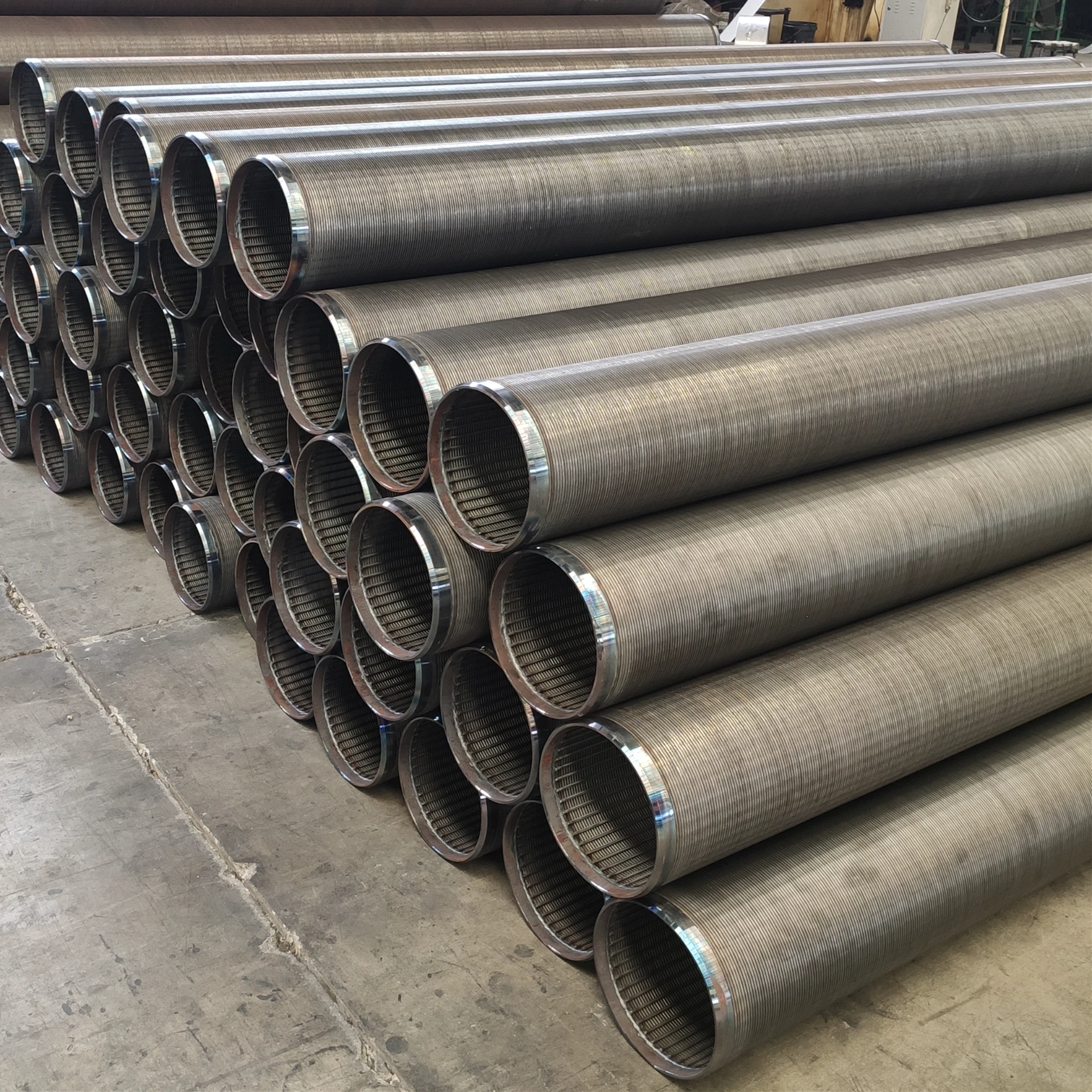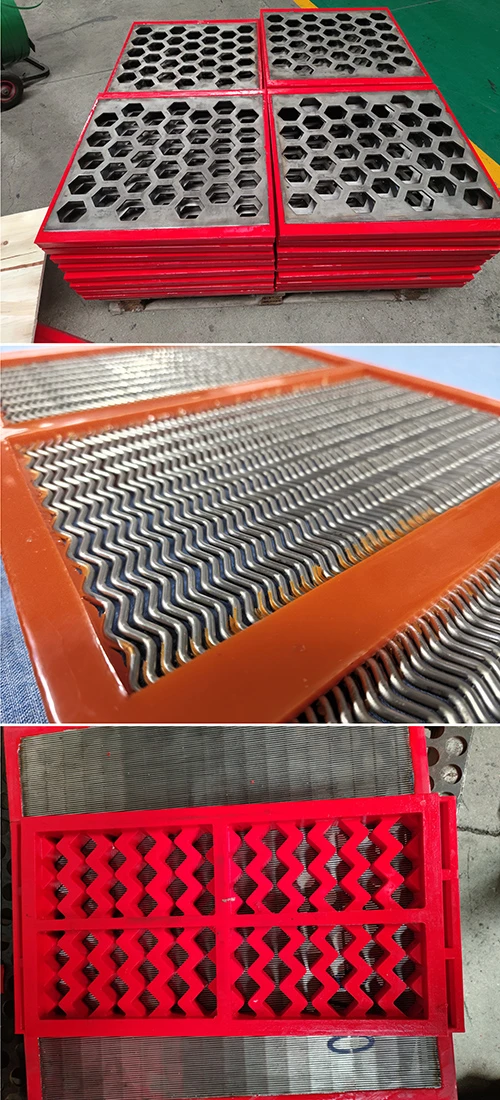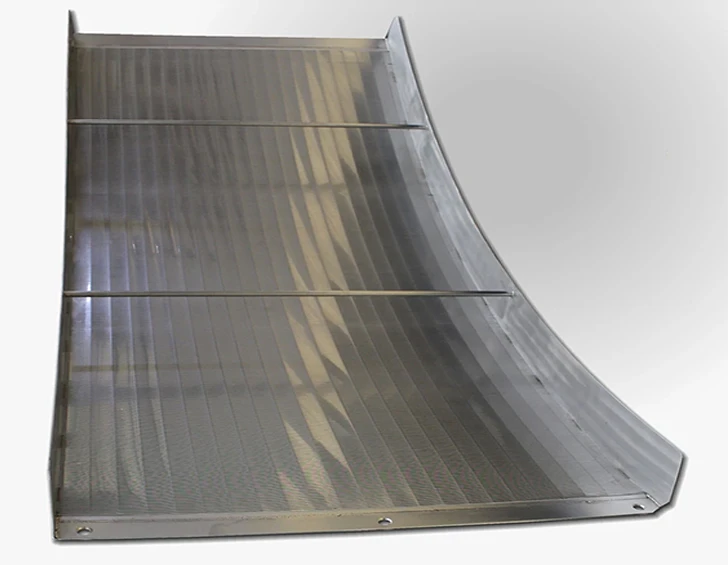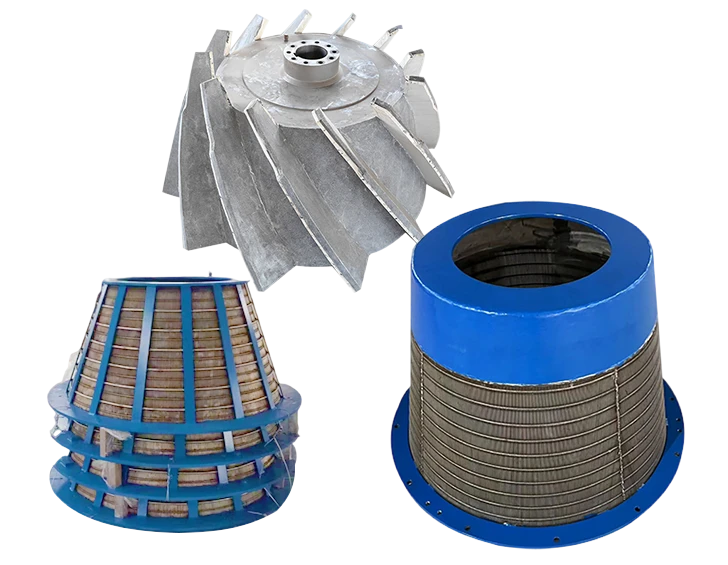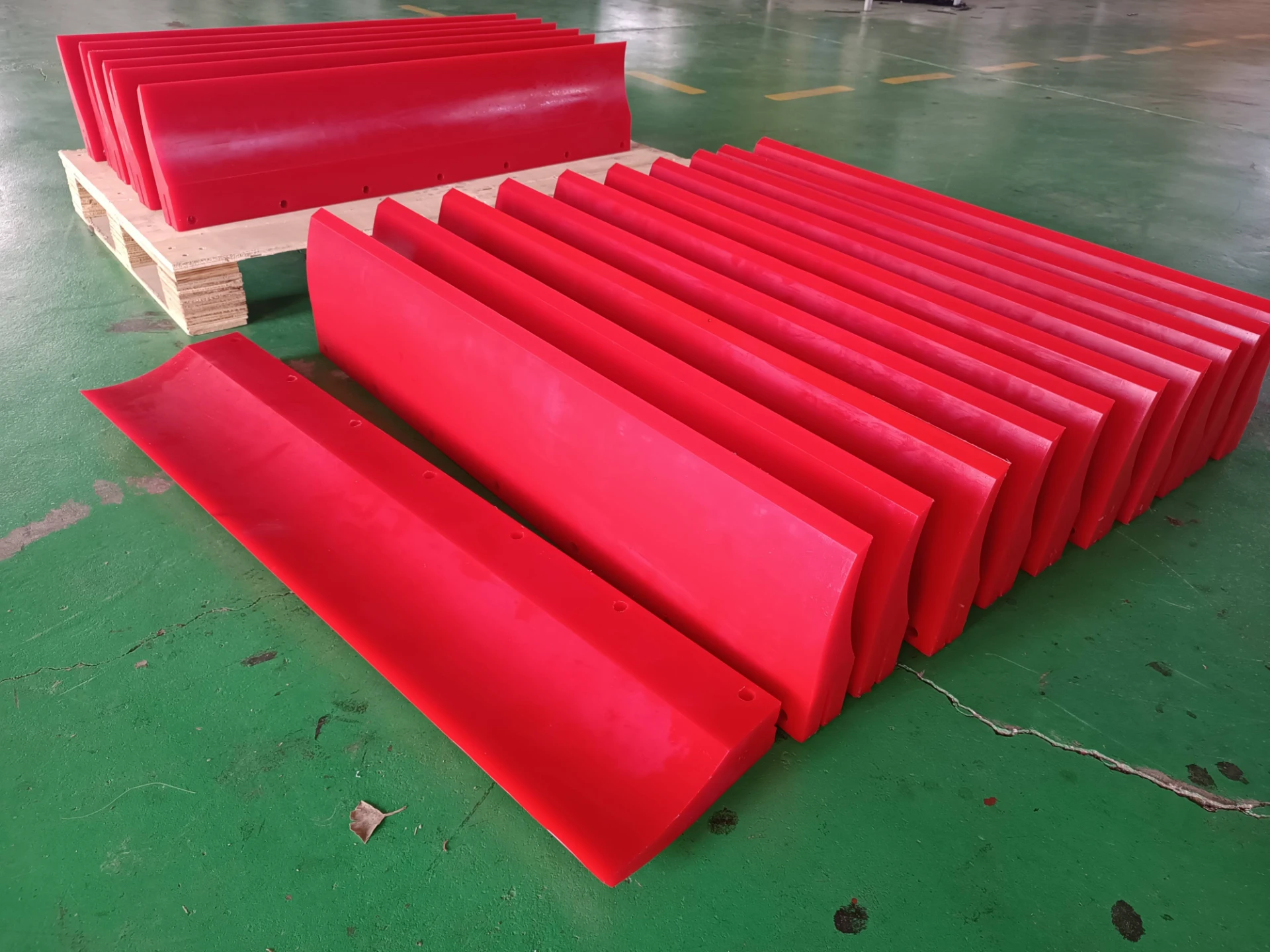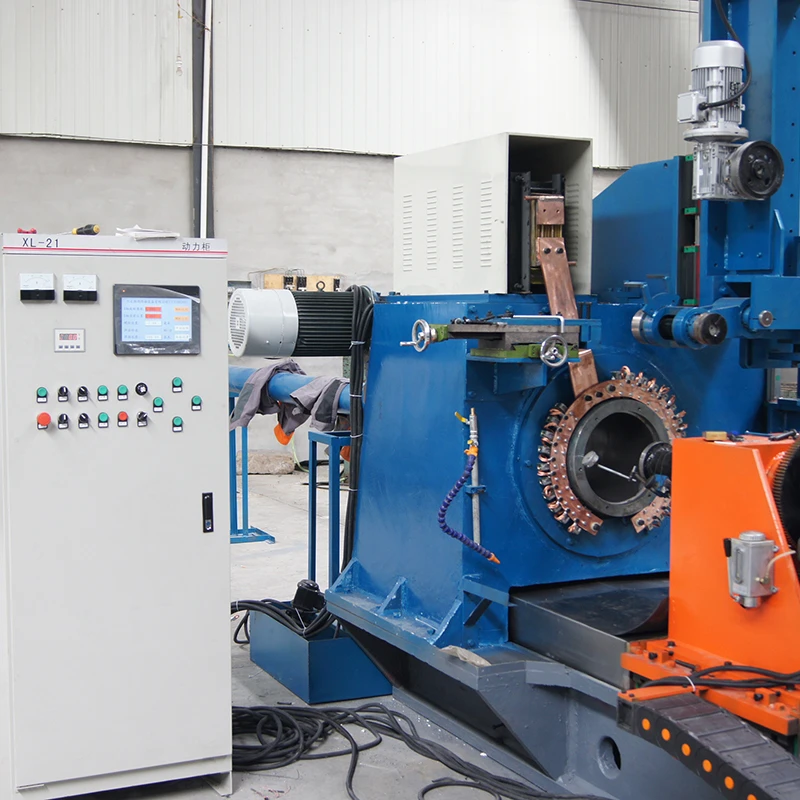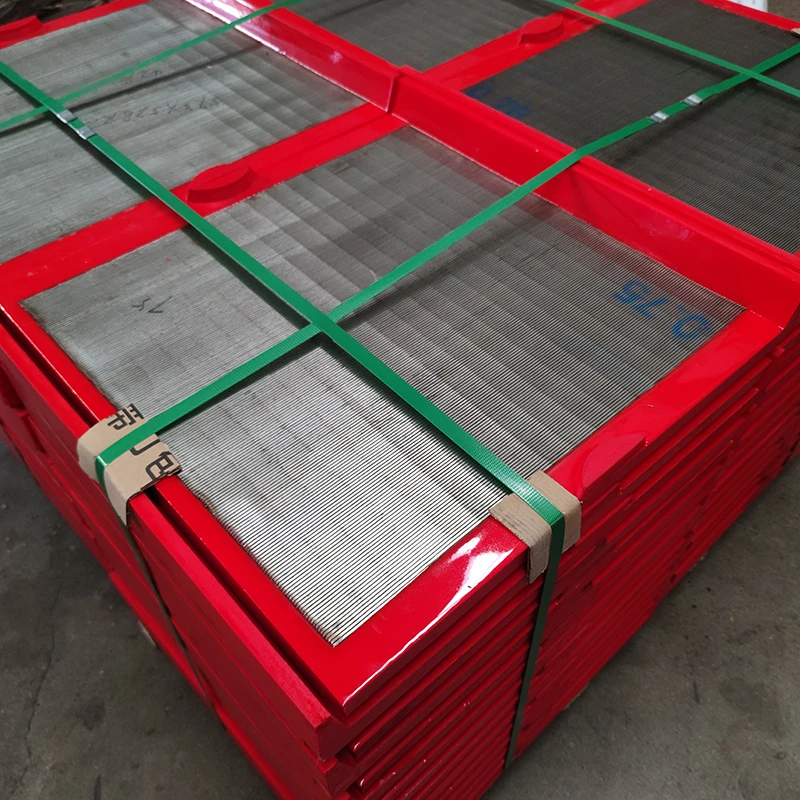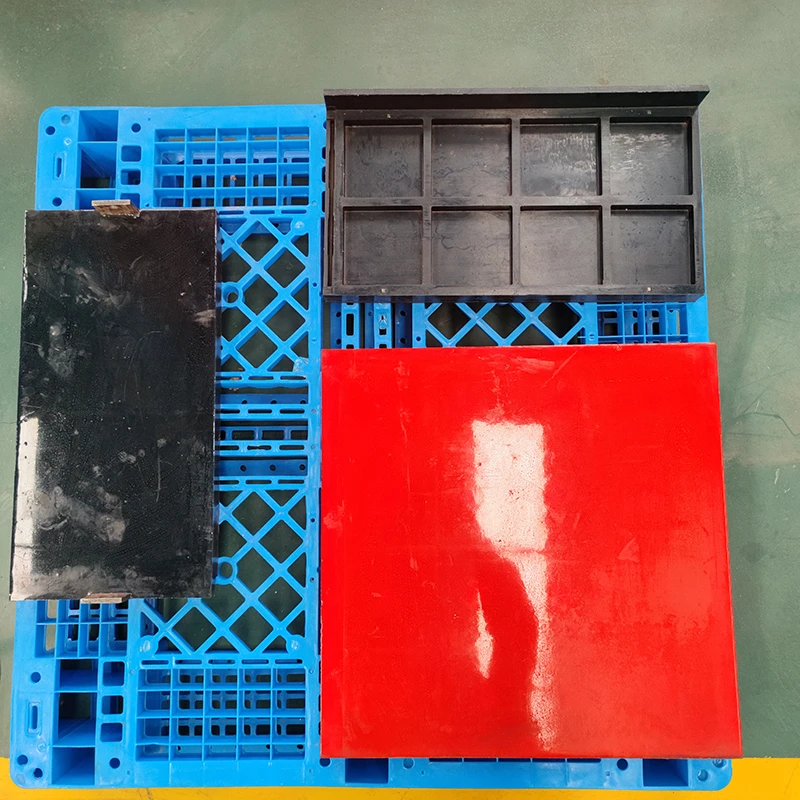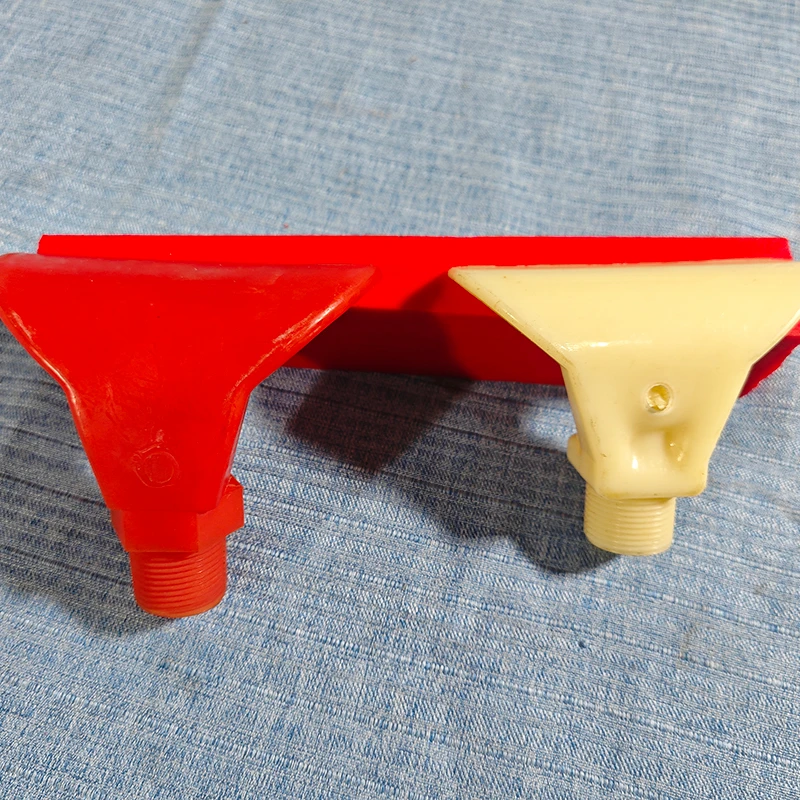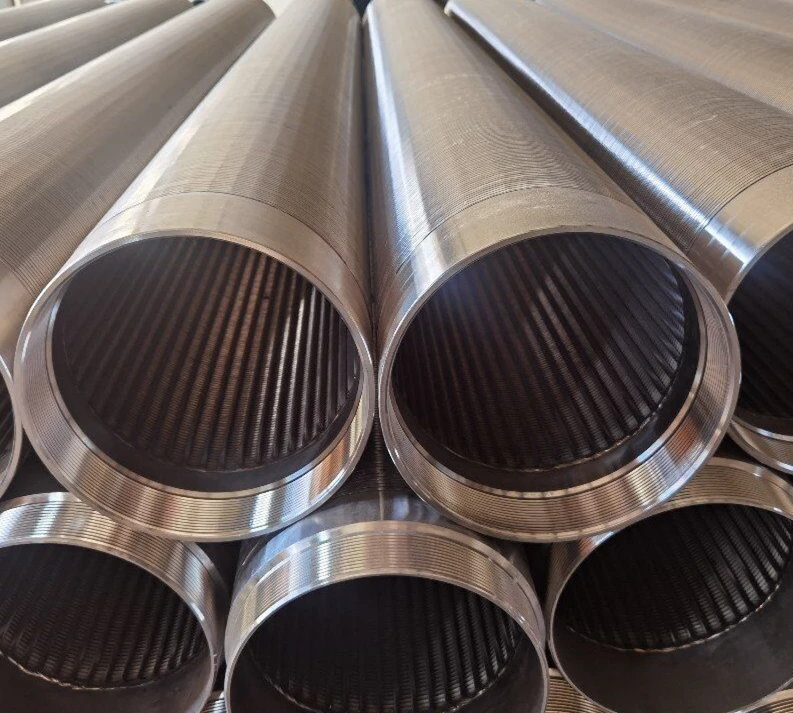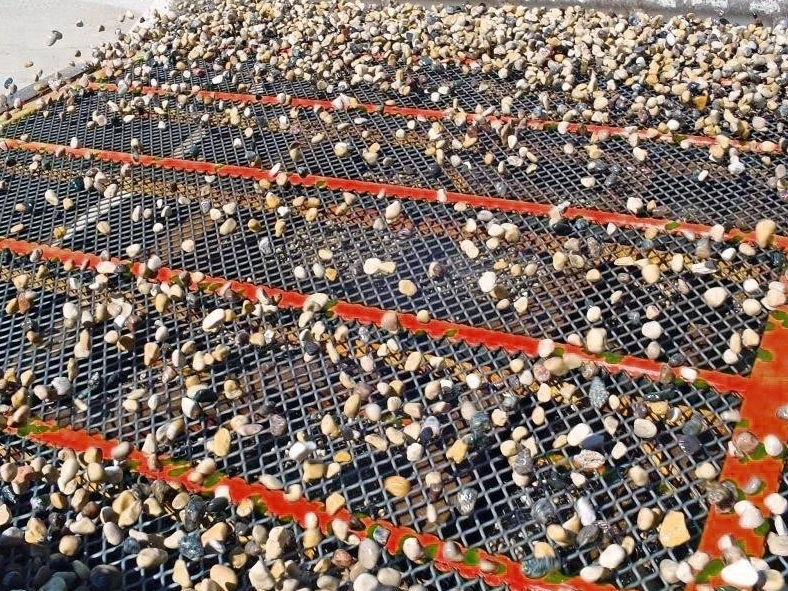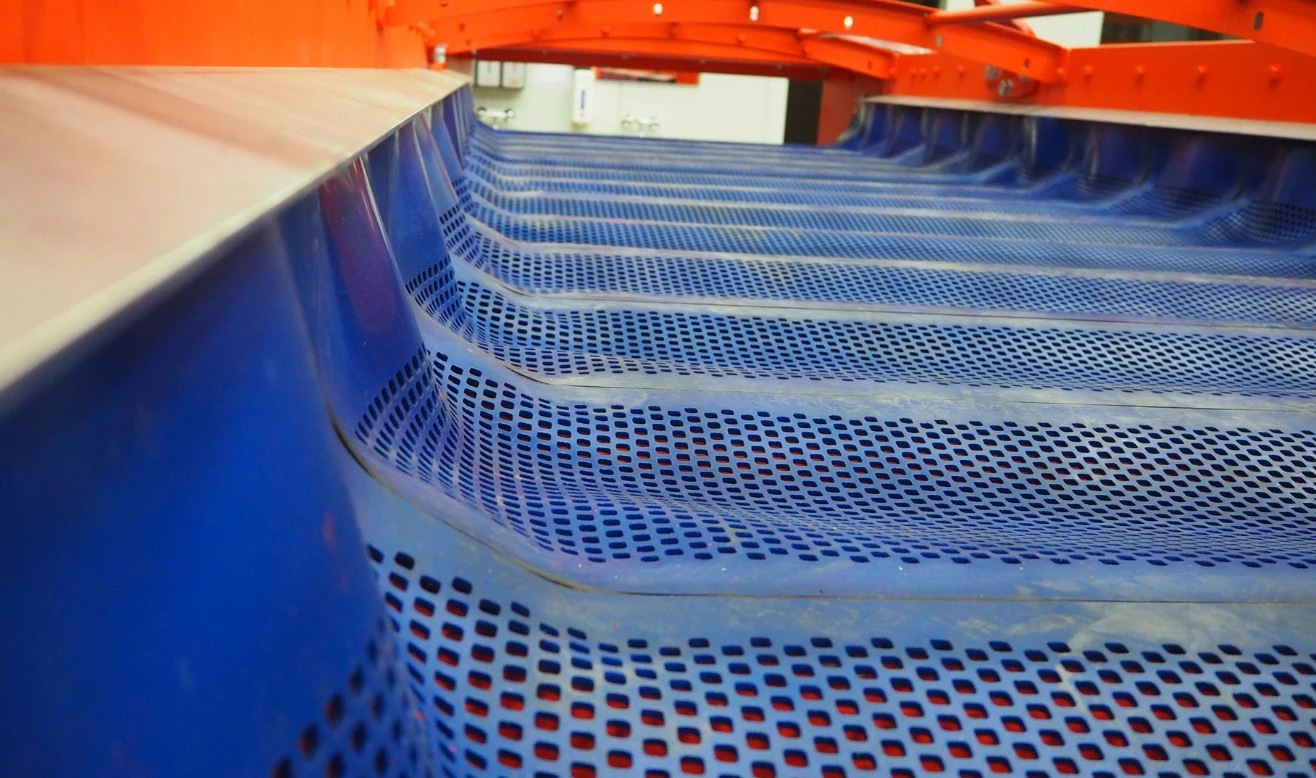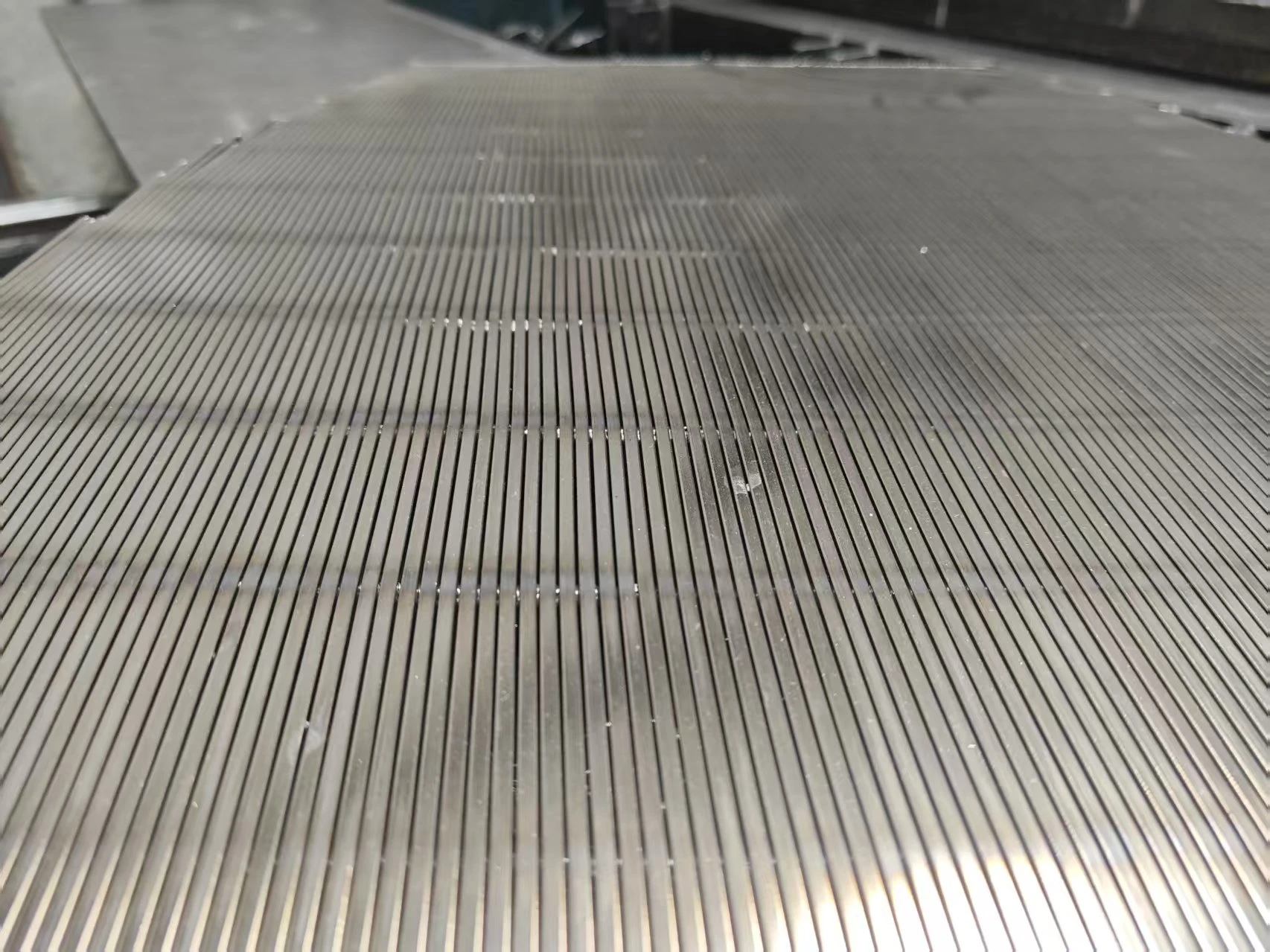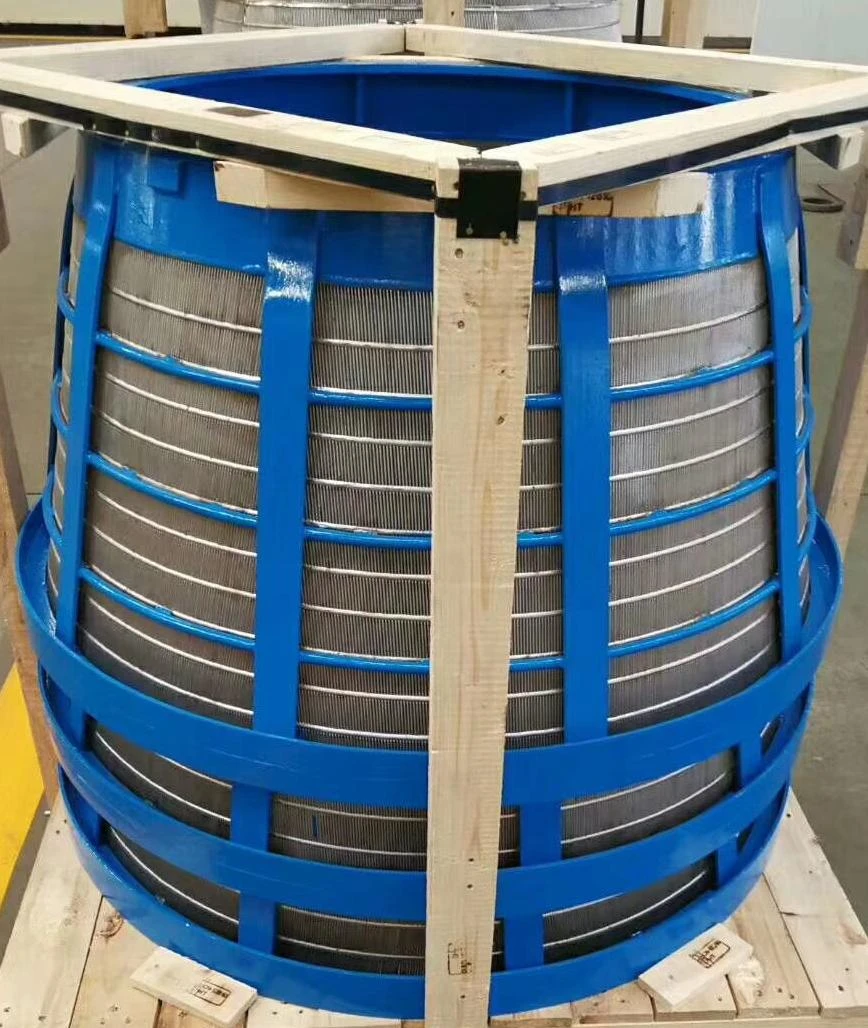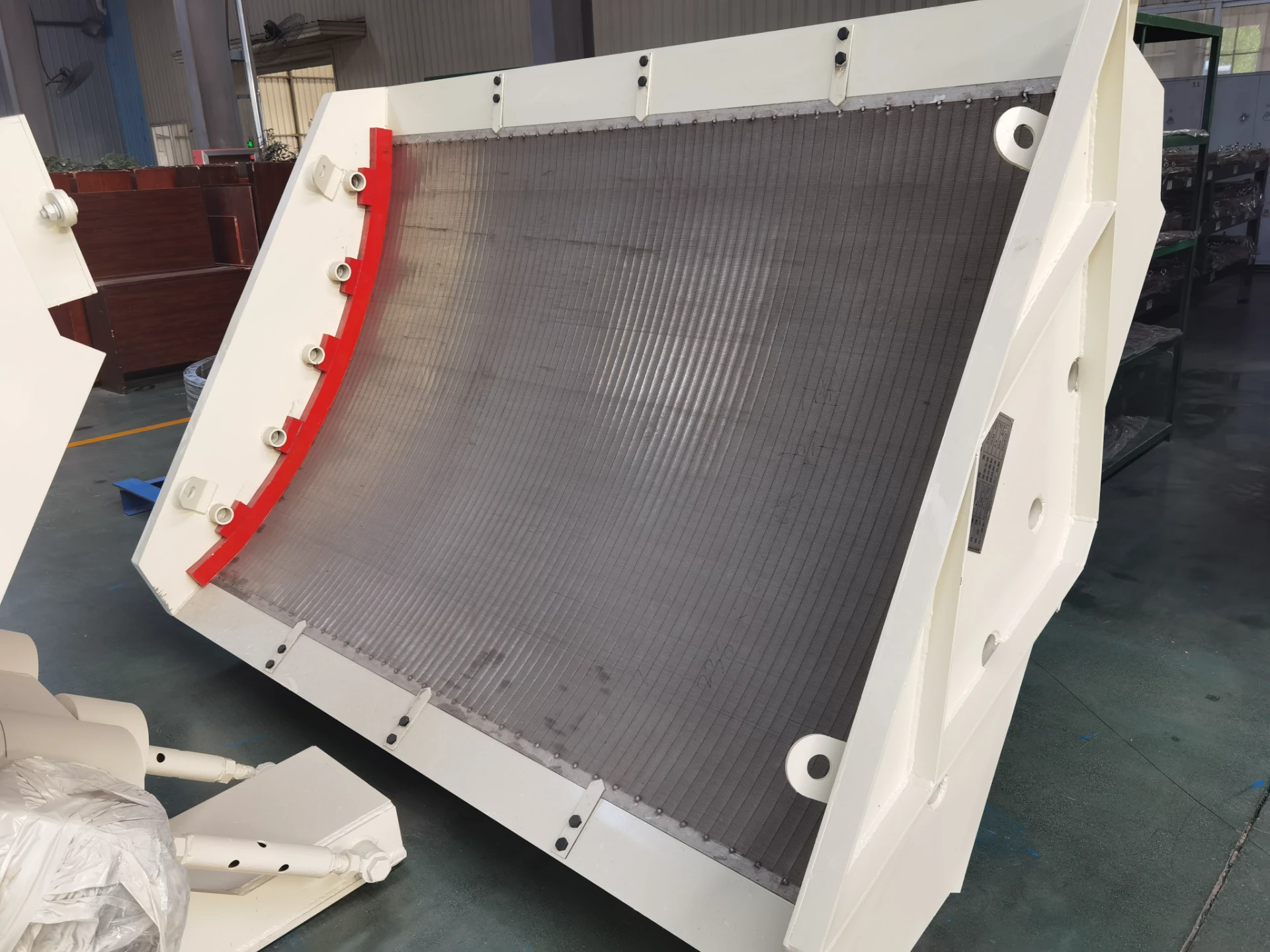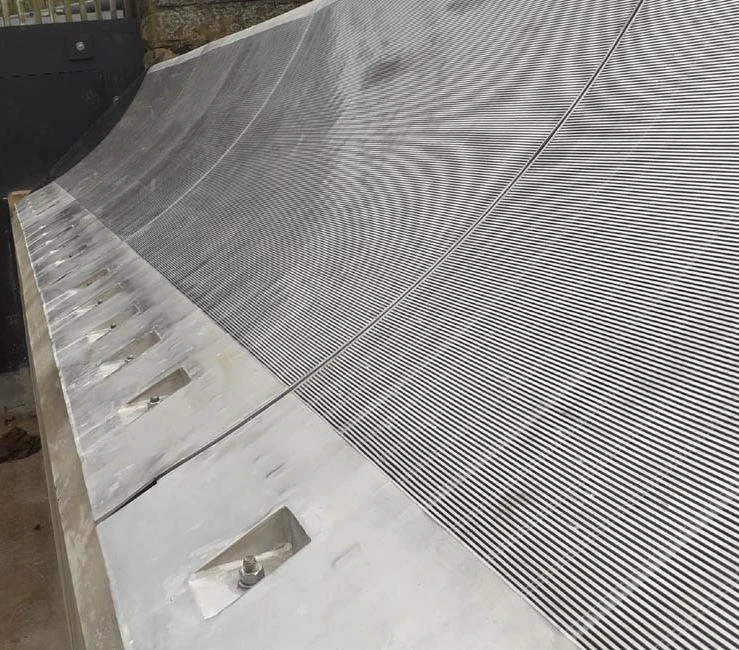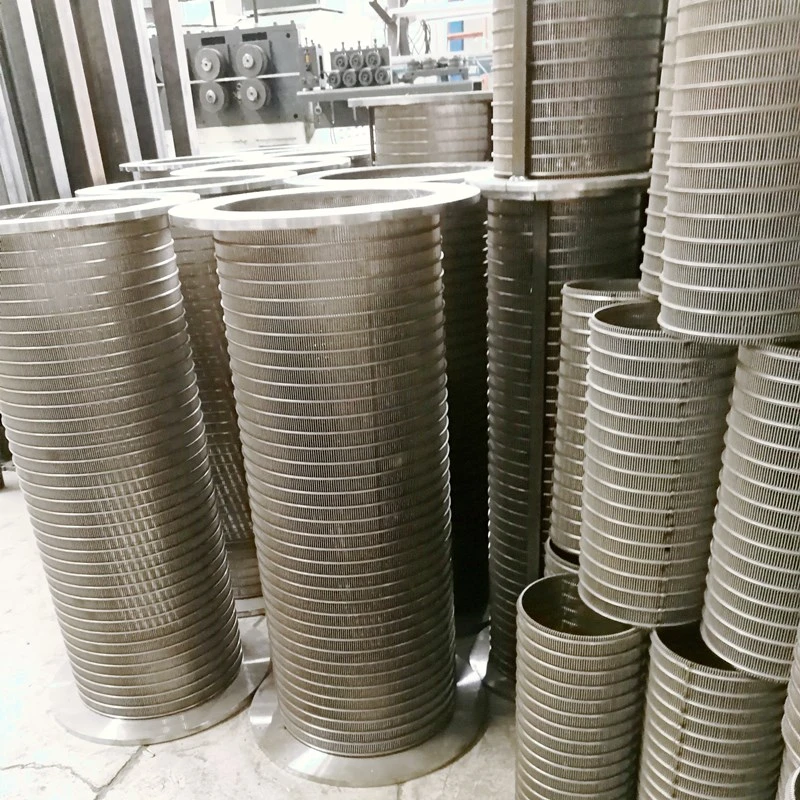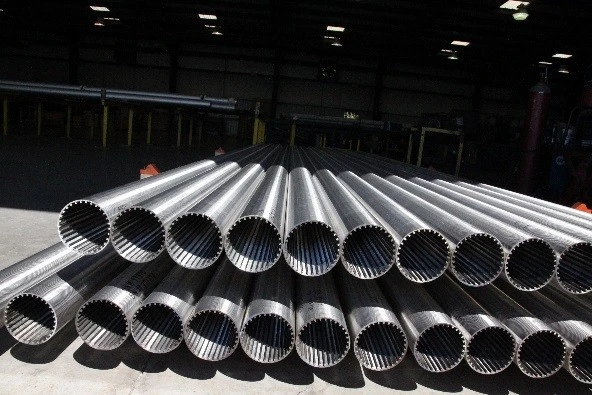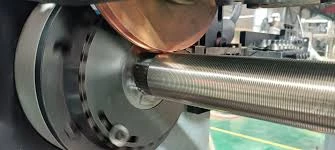- Understanding Polyurethane’s Core Functions
- Technical Advantages of Polyurethane Materials
- Performance Comparison: Leading Polyurethane Manufacturers
- Custom Solutions for Polyurethane Screen Panels
- Applications of Polyurethane Mesh in Industrial Settings
- Case Study: Real-World Impact of Polyurethane Components
- Future Trends in Polyurethane Utilization
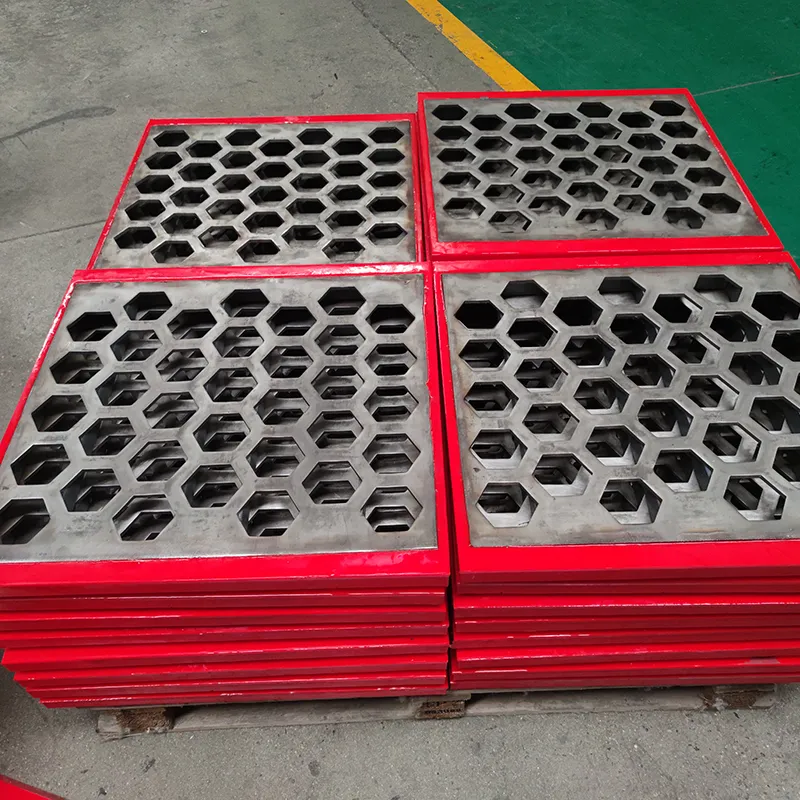
(what is the purpose of polyurethane)
What is the Purpose of Polyurethane in Modern Industries?
Polyurethane, a versatile polymer, serves as a critical material across industries due to its adaptability and resilience. Its primary purpose lies in balancing durability with flexibility, making it ideal for components exposed to extreme stress. From automotive parts to mining equipment, polyurethane’s molecular structure allows it to absorb impacts, resist abrasion, and maintain integrity under harsh conditions. For instance, polyurethane screen panels in mineral processing endure 3x longer than traditional steel screens, reducing downtime by 40% in aggregate sorting. Similarly, polyurethane mesh demonstrates 90% higher resistance to chemical corrosion compared to nylon alternatives, proving indispensable in wastewater filtration systems.
Technical Advantages Driving Adoption
Engineered polyurethane compounds outperform conventional materials through measurable metrics. Key benefits include:
- Abrasion Resistance: 50% greater wear life than rubber in high-friction applications
- Load Capacity: Supports up to 500% its weight without deformation
- Temperature Range: Stable performance between -40°C to 120°C
These properties directly translate to cost savings. For example, a polyurethane-coated conveyor belt lasts 18 months versus 6 months for standard rubber variants, slashing replacement costs by 67% annually.
Manufacturer Comparison: Key Metrics
| Feature | PolyTech Ltd | DuraMesh Co | FlexiScreen Corp |
|---|---|---|---|
| Abrasion Resistance | Grade 9 | Grade 8 | Grade 9.5 |
| Chemical Resistance | Excellent | Good | Superior |
| Max Temp Threshold | 110°C | 95°C | 125°C |
| Warranty Period | 5 years | 3 years | 7 years |
Customized Polyurethane Solutions
Tailored polyurethane screen panels now account for 62% of mining sector purchases. Customization parameters include:
- Shore hardness adjustments (50A to 75D)
- Mesh opening precision (±0.1mm tolerance)
- Anti-static formulations for explosive environments
A cement plant achieved 22% higher throughput after implementing tapered-edge polyurethane panels that prevented material bridging.
Industrial Applications in Practice
Polyurethane mesh demonstrates particular effectiveness in:
- Food processing: FDA-compliant 0.5mm mesh filters
- Pharmaceuticals: Sterilizable 316L stainless-reinforced screens
- Mining: 12-layer laminated panels for heavy ore separation
In a recent project, a copper mine reported 31% reduction in screen replacement costs after switching to polyurethane from woven wire mesh.
Quantifiable Impact Through Case Studies
A 12-month trial at a coal processing facility compared polyurethane vs traditional materials:
| Metric | Polyurethane | Steel |
|---|---|---|
| Maintenance Hours/Month | 4.2 | 18.7 |
| Throughput Consistency | 98% | 82% |
| Replacement Frequency | 18 Months | 6 Months |
Why Polyurethane Remains Essential for Industrial Progress
The purpose of polyurethane extends beyond material science – it enables operational excellence. As industries face increasing pressure to improve efficiency, polyurethane screen panels and mesh solutions provide measurable advantages. With 78% of bulk material handlers now specifying polyurethane components in new installations, its role in industrial infrastructure continues to expand. Ongoing R&D focuses on bio-based formulations, aiming to reduce environmental impact while maintaining performance benchmarks.
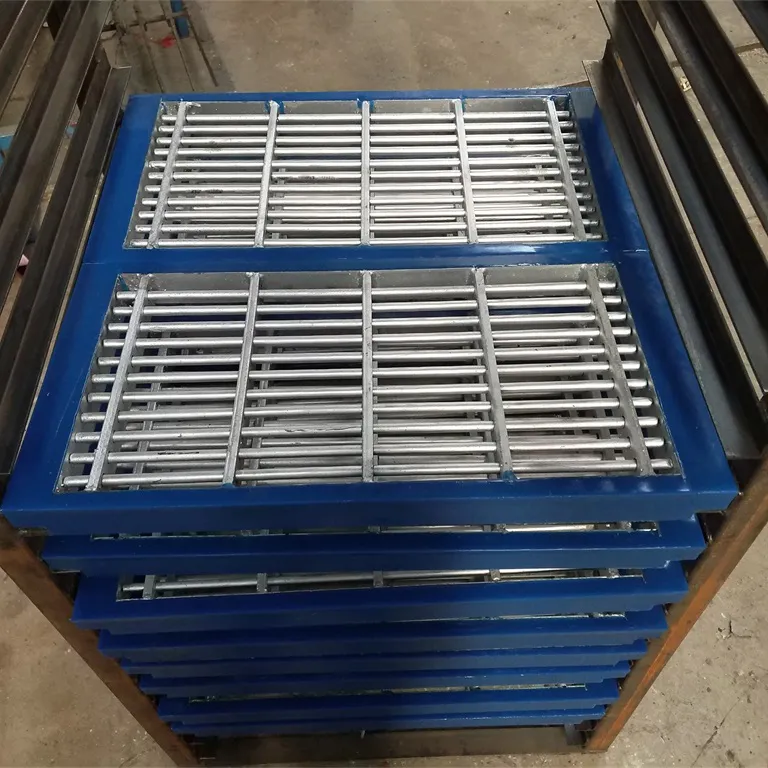
(what is the purpose of polyurethane)
FAQS on what is the purpose of polyurethane
Q: What is the purpose of polyurethane?
A: Polyurethane is a versatile polymer used for its durability, flexibility, and resistance to abrasion, chemicals, and weather. It is widely applied in coatings, adhesives, foams, and industrial components.
Q: How are polyurethane screen panels used in industries?
A: Polyurethane screen panels are ideal for screening and separating materials in mining, agriculture, and recycling due to their wear resistance, noise reduction, and ability to handle heavy loads.
Q: What makes polyurethane mesh suitable for filtration?
A: Polyurethane mesh offers excellent elasticity, resistance to clogging, and longevity in harsh environments, making it ideal for filtration systems in water treatment, food processing, and chemical industries.
Q: Why choose polyurethane screen panels over metal alternatives?
A: Polyurethane screen panels are lighter, quieter, and more resistant to corrosion and abrasion than metal screens, reducing maintenance costs and extending equipment lifespan.
Q: Can polyurethane mesh withstand extreme temperatures?
A: Yes, polyurethane mesh maintains structural integrity across a wide temperature range, from -40°C to 80°C, ensuring reliable performance in diverse industrial applications.

